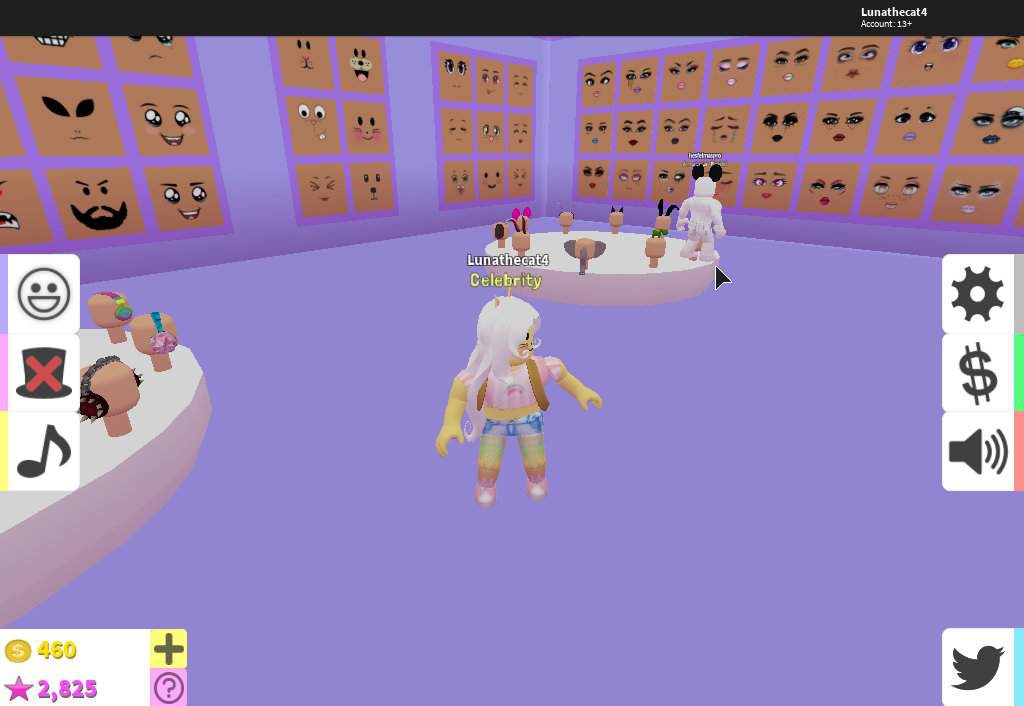I’ll be the first to admit that I’m not a big gamer. I mean, I’ve definitely played my fair share of games, that is if you include games like Candy Crush, Roblox, or even the occasional Call of Duty. I am by no means good at any of these, however, and I only began playing because of recommendations from friends or family.

A family friend developed an obsession with the mobile app, Candy Crush Saga–an obsession that soon took over my household. For the next few months, my mom and I were constantly competing, seeing which one of us could surpass levels at a faster rate and make it farther down the candy path. Later, after the Xbox came out, my brother tried to teach me how to play console games, but gave up when he realized I just wasn’t going to learn. When each round became difficult, I routinely handed over the controller to my brother in hopes of him passing the level for me. After I realized console games weren’t for me, my younger cousins introduced me to Roblox, an online platform that allows users to not only create games, but also play games created by other users. At every family function, six of my cousins and I would gather together in a room to decide which Roblox game we would conquer next. It seemed like there was a game for every occasion because Roblox housed a wide array of selections including obstacle courses, role-playing fantasy games, first-person shooter games, and even town and city games.



From Fashion Famous to Flee the Facility to Superhero Tycoon, every game had an entirely different narrative and end goal. In Fashion Famous, players had 3 minutes to dress their character in an outfit that best corresponds to their given theme. Then players would walk down a runway for judges. Getting higher ratings on your outfits allowed you to climb through levels and unlock new accessories.
Switching gears entirely, Flee the Facility allowed five players to play in a server, randomly picking one to be the beast and the rest to be survivors. Survivors were responsible for traveling through the domain to hack computers and open an exit before the beast found and captured them. Superhero Tycoon, on the other hand, enabled players to pick a superhero and build a tycoon by buying droppers that make money. As players build their house and acquire weapons, they can attack other players and steal their gears.


I’ve played each of these games, and many more, for hours on end. Though I’m not a big gamer, I’ve found that I have connected a lot with people through gaming. Even if it was as simple as losing to my brother in Call of Duty, or basking over my victory in Candy Crush to my mom, or even calling my cousins every night to play Roblox, I strengthened my bond with the people I played with.


The competitive nature that games provide enables players to interact with others and provides a foundation for a relationship to further develop. Often, gaming has a negative stigma as people believe it reduces social interaction or is only meant for children. But, in my experience, gaming is what enabled me to enhance my relationships with loved ones by giving us a common interest through which we could work together or compete in order to achieve a particular goal. It’s funny to think that my close bond with my cousins can be attributed to a newfound Roblox obsession. If you’ve ever played Roblox or have any game suggestions, let me know and I’ll be sure to mention it at my next family event!
-Riya Patel










You must be logged in to post a comment.